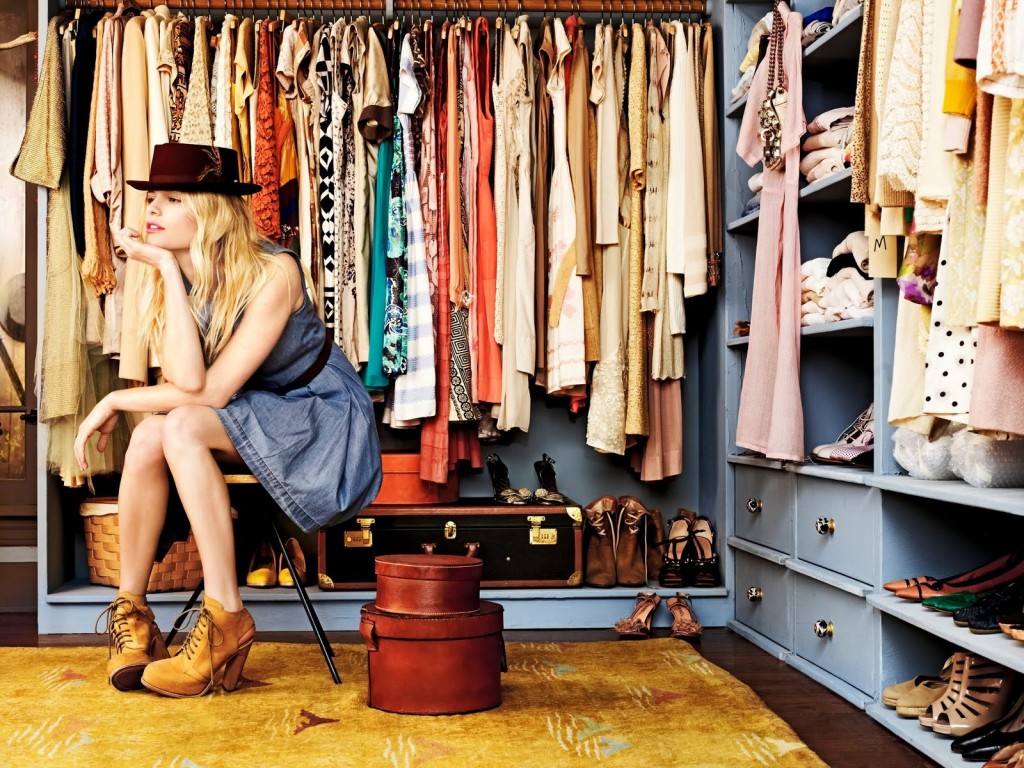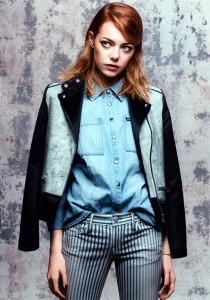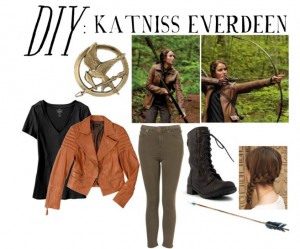
Fashion doesn’t always come off the runway donned by a supermodel in extra small. Fashion can be what others find to be cool but that you find to be anything but. It’s simply what you wear and what you like.
When you walk into a boutique and select a piece of clothing, it will not always be a thoughtful process. Sometimes you’ll choose that piece of clothing because it is the first one you saw or it is the right price, or perhaps someone else asked you to try it on because they think that color will compliment your eyes. Sometimes you just want your clothes to make you feel good and it’s not about any trends or fashion statements. It’s about you, as it should be.
Fashion is meant to be customized to you, the wearer. No one understands that better than the urban young adult. As the chief momentum shifters of mainstream culture and peripheral subcultures at any particular time, fashion is just another playground for exploring one’s selfhood, a showcase of personality. One of the things about fashion as a creative process differentiating it from most other art forms is that it gives the wearer the tool to complete the process. We get to experiment and cultivate our own personal way of self-identifying publicly by wearing our clothes to make a statement and intimately by letting our clothes dictate our moods and feelings about ourselves. Any way we express it is fashion and there’s no such thing as anti-fashion.
Fashion is thus as personal as one makes it if one has the eye and passion for it. But it can also be just as impersonal. The design process is guided by rulebooks of what not to do and is in itself limited by sales goals for a majority of high retailers. You may be surprised to find out that much of what feels like your own personal sense of fashion is a product of advertising and other mediated content targeted to you. But that’s not to say you don’t have somewhat of an indirect say. You always do. Fashion is always personal.
Advertisers, designers, and editors know you all too well. They are the reason that shade of green-yellow which happens to be your favorite color, exists for you to buy in the first place. We may not all be fashion conscious but the market is. The great thing about it however, is that it is engineered to feel personal. You buy a purse with a designer’s name stamped on it who’s a complete stranger to you and somehow that purse can still reflect your own fashion taste or your ideals of luxury. When you’re picking clothes off a rack and you find your right size, it’s as if those clothes were meant for you. It’s as if you’re the one making the choice, deciding your own fashion taste when in fact it’s all been decided for you long before you knew you needed that shirt or those harem pants.
————————————————————————————–
Margael St Juste, Hunter College ’15
Follow the Campus Clipper on Twitter and Like us on Facebook!
Interested in more deals for students? Sign up for our bi-weekly newsletter to get the latest in student discounts and promotions and follow our Tumblr and Pinterest. For savings on-the-go, download our printable coupon e-book!



 This blog series is a serialized look at fashion as a function and inspiration in our everyday lives. It explores the urban young-adult aesthetic in modern American culture, specifically in New York City. If you are reading this series, you’re somewhat familiar with urban fashion trends or perhaps you fit the aforementioned demographic. The urban young-adult aesthetic likely saturates every form of media from music to films and other visual arts that you consume. You find that a touch of it lingers in the background track of your favorite dance song when you hear heavy platform shoes on hardwood floors or the clink of metal on some over accessorized clubgoer. You notice that the film adaptation of your favorite young-adult series uses the popular color scheme from the runway that year. It is no coincidence that fashion concepts marketed to young-adults are such popular motifs in other art forms. The young adult is powerful in any form of art. The confluence of their unique and modern generational experience fused with newfound independent thinking, without fail, makes every generation of young adults the most important shapers of culture.
This blog series is a serialized look at fashion as a function and inspiration in our everyday lives. It explores the urban young-adult aesthetic in modern American culture, specifically in New York City. If you are reading this series, you’re somewhat familiar with urban fashion trends or perhaps you fit the aforementioned demographic. The urban young-adult aesthetic likely saturates every form of media from music to films and other visual arts that you consume. You find that a touch of it lingers in the background track of your favorite dance song when you hear heavy platform shoes on hardwood floors or the clink of metal on some over accessorized clubgoer. You notice that the film adaptation of your favorite young-adult series uses the popular color scheme from the runway that year. It is no coincidence that fashion concepts marketed to young-adults are such popular motifs in other art forms. The young adult is powerful in any form of art. The confluence of their unique and modern generational experience fused with newfound independent thinking, without fail, makes every generation of young adults the most important shapers of culture.